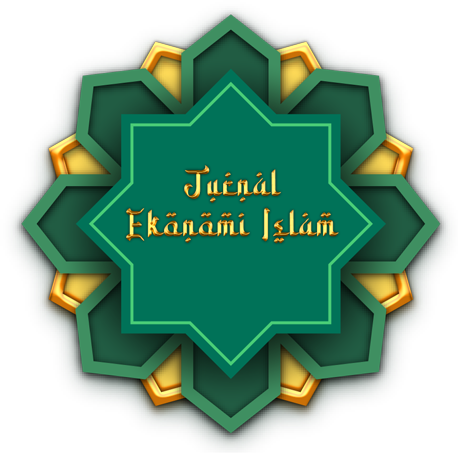Main Article Content
Abstract
In life, Islam teaches its adherents to strive for happiness in the world and the hereafter. Likewise with happiness when living life in the world, namely physical and spiritual prosperity. In preventing economic chaos, conflicting interests in economic problems must be minimized, supported by all legal regulations in a society. So it is very necessary a system that regulates the rights and obligations of the community in the state, especially in the economic sector based on the Qur‘an and Sunnah. The economic system implemented in Indonesia at the moment is arguably not good. When viewed from all existing systems, the capitalist system has mastered various lines to make society range to poverty. To measure economic growth the welfare indicators of a community are used. This success was marked by an increase in per capita income. This paper will discuss how the Islamic economy perspective of the Qur‘an. And how is the urgency to build the economic community in Islam? This is important to discuss, to remind the public about the existence of capitalists in the economic system and to provide mutual understanding to help fellow members of society, between the rich and the poor so that from these aids help social inequalities and social stratification can be minimized and then narrowed even can overcome.
Article Details

This work is licensed under a Creative Commons Attribution-NonCommercial-ShareAlike 4.0 International License.
Authors who publish with this journal agree to the following terms:
Authors retain copyright and grant the journal right of first publication with the work simultaneously licensed under a Creative Commons Attribution License that allows others to share the work with an acknowledgement of the work's authorship and initial publication in this journal.
Authors are able to enter into separate, additional contractual arrangements for the non-exclusive distribution of the journal's published version of the work (e.g., post it to an institutional repository or publish it in a book), with an acknowledgement of its initial publication in this journal.
Authors are permitted and encouraged to post their work online (e.g., in institutional repositories or on their website) prior to and during the submission process, as it can lead to productive exchanges, as well as earlier and greater citation of published work (See The Effect of Open Access).
